Video chat
I recorded a video with Richard to chat about his journey
Tell us about your academic journey
[expand title=”High School“] I took quite a scenic route……. I left school early to ride horses (showjumping and dressage) for a living, but soon ran into the harsh wall of reality that I would need substantial money or a lot more talent than I possessed in order to make a real living doing that. I was always entrepreneurial with small businesses, but in order to further myself I studied my final year of high school part time while working and riding horses and then looked to tertiary studies. [/expand] [expand title=”University – The first time!“]I changed my degree a number of times, from Theology and Greek Literature, to BCom Informatics with a few more in between until settling on BCompt Accounting Science at UNISA (the start of becoming a CA(SA)). After completing my BCompt part-time, I started my postgraduate program (CTA), also at UNISA, and dropped out after a month or two – I found accounting boring and wanted to get out there and make my fortune! This led me down and interesting career that resulted in me realizing that the CA(SA) qualification was more than just learning the rules of accounting, so in the end I came back to do my CA later on in life anyway…… oops! [/expand] [expand title=”University – The second time!!“]Due to the fact that I had not studied accounting for more than three years (I was not in my second half of my twenties, actually closer to 30) I had to rewrite all my third year BCompt accounting and tax modules (again, at UNISA). I completed 7 module rewrites in the second semester of 2007, part-time. Thereafter I did the hard yards and completed CTA in 2008 through UNISA part time and attending part time classes after work. [/expand]
Your Articles?
When I decided to go back the CA route, I left a career in corporate finance with a half-finished Chartered Financial Analyst qualification and three quarters through a second BCom in Economics and went back to making coffee and doing photo copies as a first year article clerk. I was the weird old guy doing articles at a medium audit firm! I did my articles at the JHB office for RSM Betty and Dickson. If I’m totally honest, I had applied for another position a few months before and had given up on getting a positive response (it was not accounting but more investment management related), and I had some relationships with individuals at RSM. I chose RSM for two reasons, it was more convenient and I was already insecure about my studies and career at this stage so chose the firm where I had some friends as this made me feel safer. They gave me plenty of support and with a bit of grace and awesome luck I completed both my board exams (and the APC) in 2009 with my articles being signed off at the end of 2009 (I received some reduced time on articles for previous work experience).
What did you get out of your articles?
Humility and not taking myself too seriously! As I was older, with more work experience than the other clerks, I was put into senior secondments one day as a financial manager or consultant, and then back to being a first year article clerk the next making coffee for the team and doing first year work (that I found tougher than the more senior role I was seconded to on the previous week!)
Your career after qualifying?
[expand title=”Lecturing“]After qualifying, I moved into lecturing Financial Accounting at FLB (A private tuition provider for UNISA students) and decided to study further because I liked self-punishment. One of the key reasons I decided to study my Masters was that I always felt like a second rate student because I studied through UNISA. It turned out incredibly well for my personal development as I studied my MCom in Accounting through University of Pretoria and received the second highest mark in our year under difficult work and personal circumstances. (Guess being a UNISA alumni didn’t mean I was second-rate after all!). [/expand] [expand title=”Financial training and consulting“]I worked around the world for numerous international businesses. I had a strong background in corporate finance and analysis before I went back to studying my CA so this stood me in good ground. [/expand] [expand title=”CEO“]I am now the CEO of a group of education and training companies, and although the finance and accounting has all been useful, the most important thing I am learning now is how to listen to people and lead them in a way that builds them up…. And lots more humility!. [/expand]
What did you struggle with the most?
I struggled with the length of the CA route and my impatience to get on with building businesses and my career. My studies had some moments of great friendship (CTA specifically), but overall, my path to qualifying was quite lonely as I was always a bit off the beaten track having to do things differently from everyone else (for instance coming back to study later in life again).
Do you think the fact that you’re a UNISA graduate (degree and CTA) has held you back?
Initially it did, when I tried to go and work before qualifying as a CA. Once I qualified as a CA nobody really seemed to care where I studied my degree and CTA.
Your journey was a little ‘messy’, do you think this has been detrimental to your work life, career and opportunities?
The exact opposite is true, my success has been due to the large amounts of messiness in my career and studies. I have learnt more from the mistakes that I have made than many of my colleagues and friends and this along with excess amounts of humble pie have been central to my success.
Do you think that the CA qualification is the best qualification to ensure student’s success?
To be honest, no I don’t. I think there is a status / image attached to the CA qualification that can cause some students to choose this route even though it might not be the best route for them. I do think it is vital that you study something that leads to a professional designation and professional body membership, but it does not need to be a CA(SA). Do some research, look at the demand for different skills sets that are represented by different professional designations (not just in South Africa). Start with the job or career you are interested in, and work back from there taking into account the realities of your circumstances and gifts. Don’t be scared to walk your own path. [expand title=”How do you feel about other qualifications? CFA, CIMA, ACCA?“]I love the CFA qualification, if that area is where you are interested in going. I think CIMA is also great and so is ACCA. I do think it is a pity that in South Africa ACCA does not get the market recognition that it does elsewhere. I also think that SAIPA has some benefits in its approach. Other qualifications like AAT and ICB also have an important role to play in Africa’s economy – it is NOT CA(SA) or nothing. [/expand]
Would you hire people for finance positions who aren’t CA’s?
I already do! I generally look for an interesting life story, and then I look for talent and qualities that are not always on the surface. My best team members and staff have always been ‘diamonds in the rough.’ Here are some of the most valuable skills I look for:
- Ability to solve problems
- The ability to ‘bounce back’ from stressful situations and things that don’t work out
- Great people and relationship skills (you do business with people, not businesses!)
- The ability and desire to learn, challenge themselves and grow… even when it’s outside their comfort zone
Final word to students who are on the CA qualification path?
Make sure that you are studying this qualification for the right reasons. Don’t just be doing it because everyone else is, or because your parents tell you to. Realise that the world is a much bigger place than you realize and you need to find your place in it – and it is okay if that is not as a CA(SA). If you are certain that this is what will lead you to the place you want to be in the future (or at least give you the best shot at getting there!) – then buckle up and be prepared to stick it out. The most important thing in this qualification journey is not your brains, but your persistence. You are going to learn to like humble pie, but on this journey you will learn so much about what you are made of and what you are able to accomplish – that is the real value.

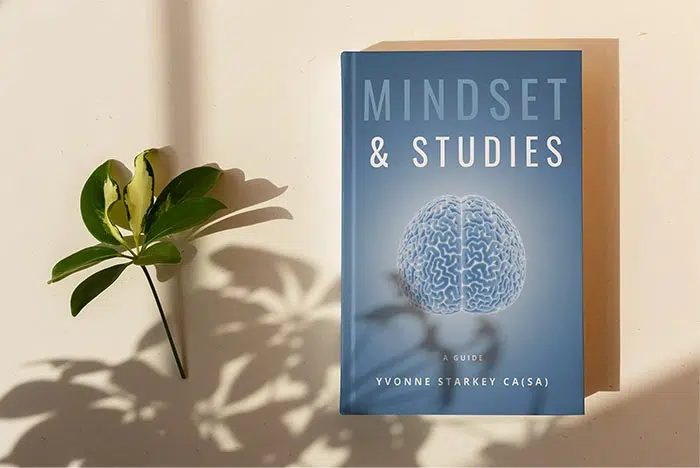


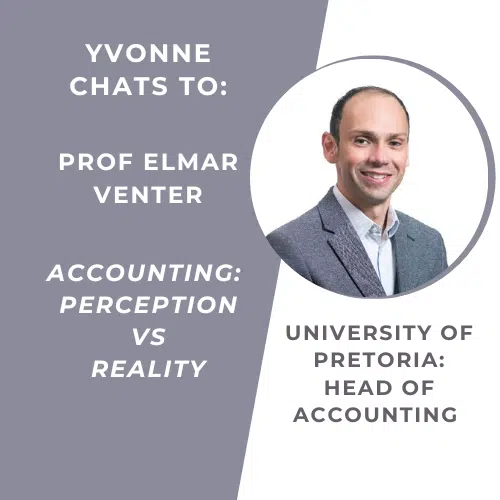

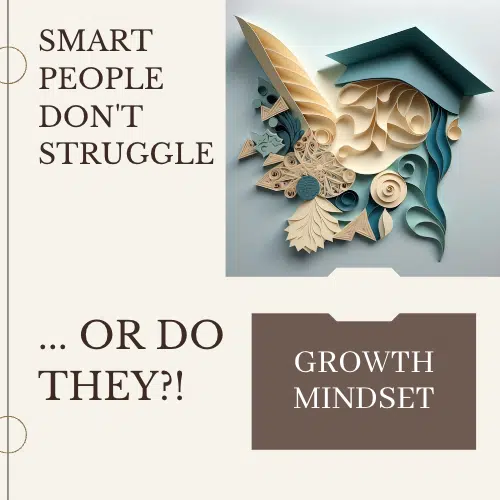
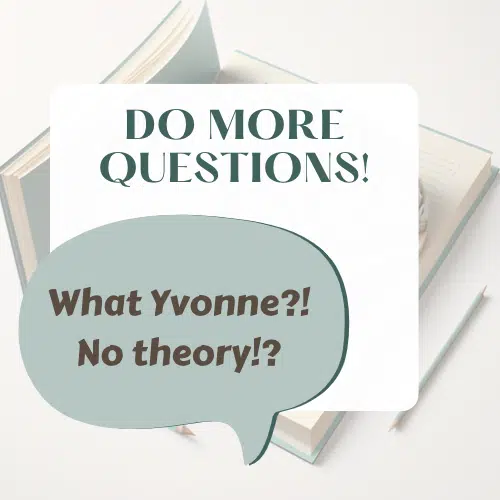
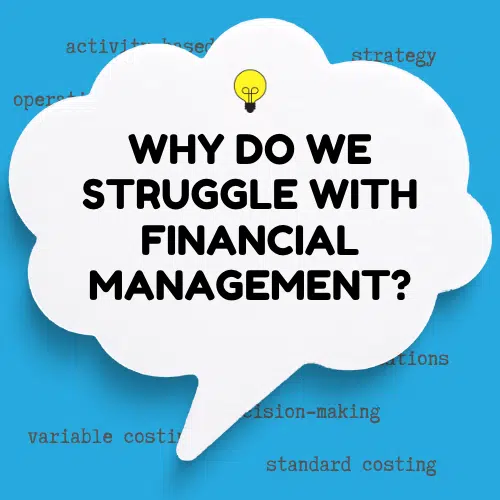



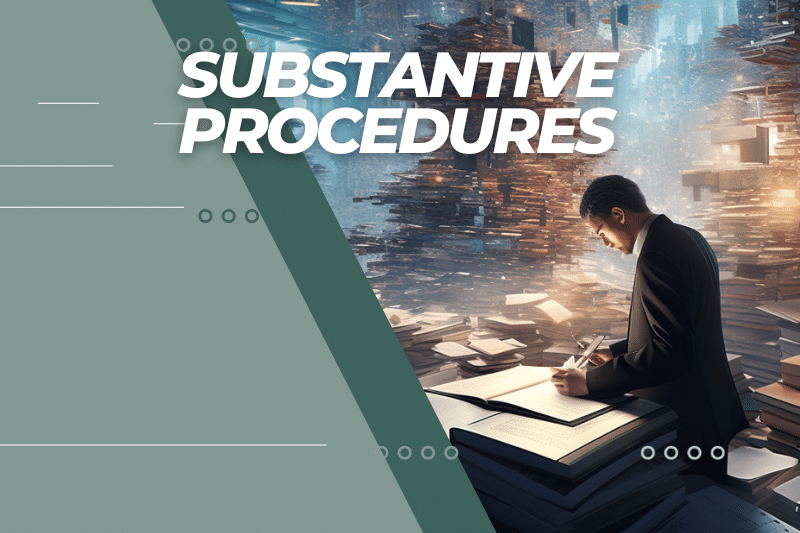

8 Comments
Thank u so much .for the articles .
Wow! I enjoyed this article so much as I am in exactly the same position. I quit my job on a whim to do articles, having to take a 50% salary cut as well and being the “older” article clerk. Now I have a family with two small kids and I am on my second attempt at CTA. You are so right – so many sacrifices and so much humble pie. Thank you for the motivational article to keep going no matter what happens!
Wow! What a journey I can relate so much because I love accounting and being an accountant because of my background it was never a straight foward journey, studied CMA but I couldn’t get a job in the finance for almost 9 years of trying resigned without a job and started applying for bookkeeper clerk, creditors or anything in the finance for 3 years until I got a breakthrough got a job, because of this interview am still going to study and get where I wanna be, as for article I thought I was now too old but you have inspired me and gave me hope, revived my faith I know I will be where I want to be,CA, Financial Analyst an economist with God on my side!
Wow… Thank you soo much for sharing. I’m also older than the average CTA student and have been wondering how I’ll handle being a first year trainee given my age and the possibility that my managers may be people younger than me. But I’ve come to realise that being a CA should be part of the journey to achieving something greater rather than being the end of the journey, you can become successful with or without it… Thanks again for the inspiring story.
This is one of the best and honest article I have read. I am current working for a financial regulator and have no idea what to study. I am nearly on the vedge of studying CA because it has prestige but after reading this article. I am safe to say that I will find my lane.
Great article… Looking forward to obtain my CTA! #CAStudent
Similar journey with regards to your academic career.. i started with bsc medical microbiology..ofcos i didnt finish within my 3rd year i changed to bcom accounting but after my second year beginning of my final year i was told i had leave bcos i had exceed may time as an undergrad… i lost people whom i thought were friendsiand were laughing behind my back cos i didnt finish my under… i went into deep depression cried myself to sleep each night for six months… till Unisa become my last hope… i had to restarted everything and was only created 3 modules out of 20 i did only bcos i was doing more of a B.Acc than B.com…
Fast forward im in my last semester ….indeed one learns more from setbacks and struggles… you learn your are stronger and more capable than you had first invisioned …you learn to be patient and most importantly a willing heart (though you tend to doubt yourslf bcos of past mistakes) and your persistence…forward u go… i know im going to face challenges later on but im grateful for these challenges i have faced and i know a strong foundation i stand on…
And thank you for sharing your story
Thanks Richard for a powerful message. I can relate to the “bouncing back from stressful situations” part and am still going on. I am considering partnering with Tibaldi for online learning so I can be encouraged further on the journey and get the much needed support.